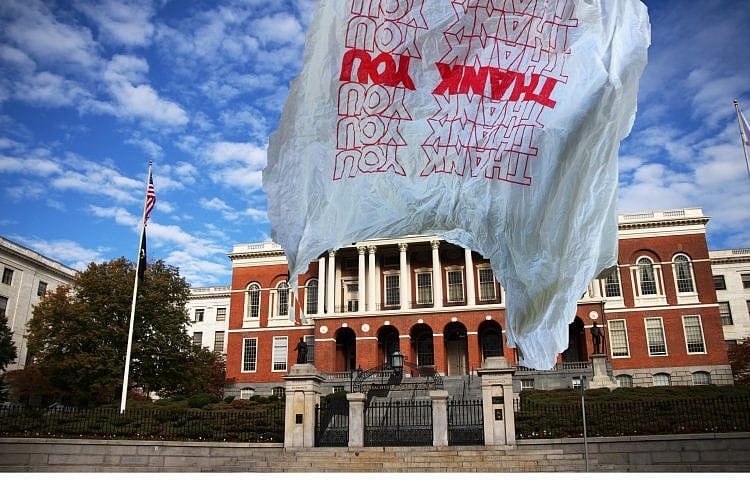Around The Web
Read More
David Brooks: Democrats Ought To Alter Their Position on Abortion To Help Themselves
Matthew McDonaldNew York Times columnist David Brooks writes a memo from an imaginary Democratic political consultant explaining how pro-abortion absolutism since Roe v. Wade has hurt Democrats electorally and helps explain the Republican majorities in Congress. Science is hurting pro-abortionism because people can see the faces of their unborn babies, and young people are less supportive of abortion now than they were in 1991; Brooks argues that it late-term abortions were banned and if Roe v. Wade were overturned, then abortion would return to the states and cease to be a national issue, and Democrats could focus on issues that have more widespread appeal like helping the poor and promoting racial justice.

